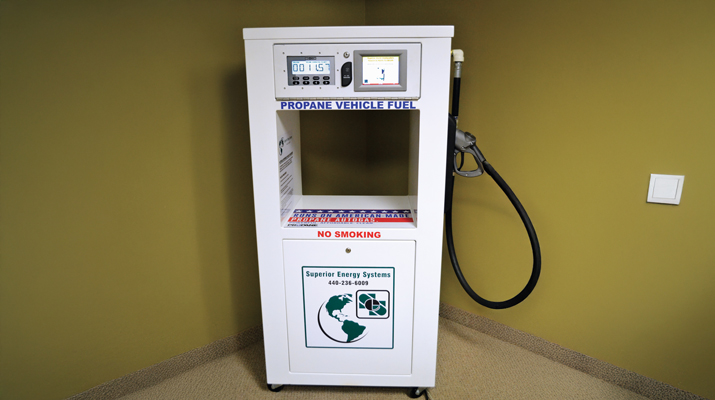Rally ’round the bobtails
They are at it again. The Department of Transportation‘s Pipeline and Hazardous Materials Safety Administration has published yet another proposed increase for the infamous bobtail tax.
This issue is has become the propane industry’s version of the popular comedy “Groundhog Day.” No matter how the contentious issue gets resolved, the same scenario keeps repeating itself as a way to generate more money in Washington in the name of safety.
The fee, which is paid by hazardous material transporters, helps fund state and local hazardous materials emergency planning and training.
The latest proposal would hike the fees only for companies defined as “non-small.” For the propane industry, that means a company with greater than $6.5 million in total receipts.
The National Propane Gas Association rightly notes that the measure puts propane marketers at a disadvantage with their fuel oil competitors, who qualify if at $11 million.
Using sales receipts as a method to measure company size also causes problems for propane marketers whose product price can spike or drop precipitously in any given year.
The increase would phase in over two years, going initially from $1,000 to $2,000, and then to the maximum $3,000 in 2008-09. The fee for small businesses would remain at $300 (including processing fee), at least for the 2007-08 registration year.
Through the NPGA, the propane industry has consistently opposed the fee as economically burdensome and unnecessary. The propane industry already spends millions of self-generated dollars to develop and improve Propane Emergencies, CETP, GasCheck and other programs for emergency responders, consumers and industry personnel.
From 2000 through 2002, the government collected more than $21 million in registration fees each year for the Hazardous Materials Emergency Preparedness Grants Fund. That amount exceeded the $14.3 million Congress said was needed for training and planning grants.
NPGA and 14 other hazmat carrier groups sued the DOT in 2003 to force a reduction in the fee so the $25 million in surplus funds could be spent down. Under a settlement, fees were reduced for three years, ending in June 2006.
Will we – or the public – be any safer after the fees are raised? We all know the answer, and it should be the final word in this endless debate.
 Patrick Hyland |
Patrick Hyland
Editor
















